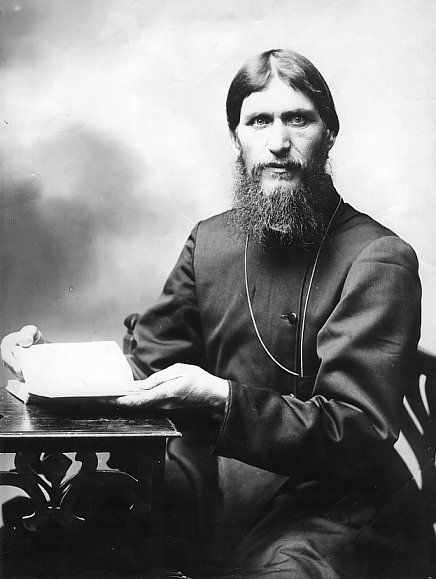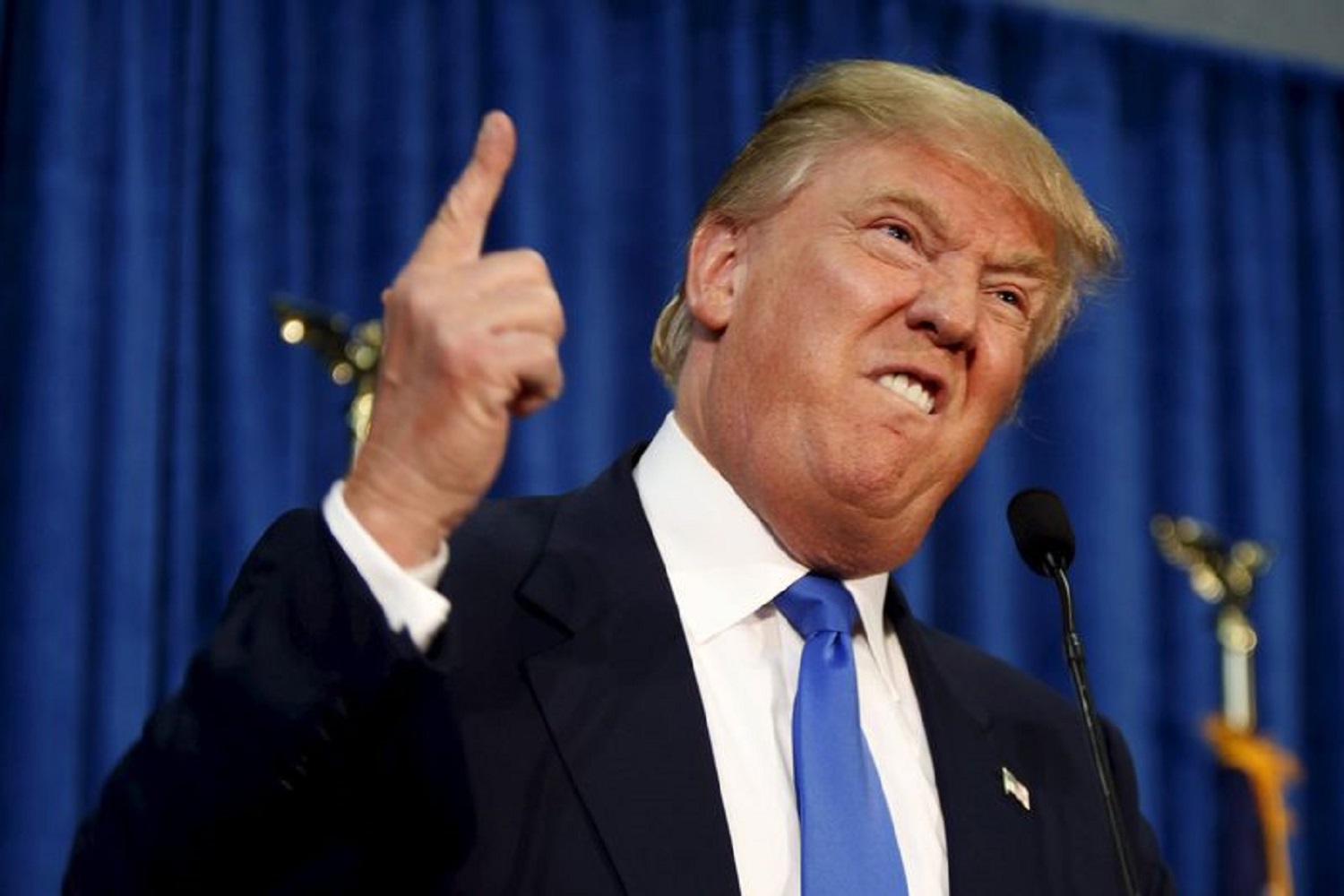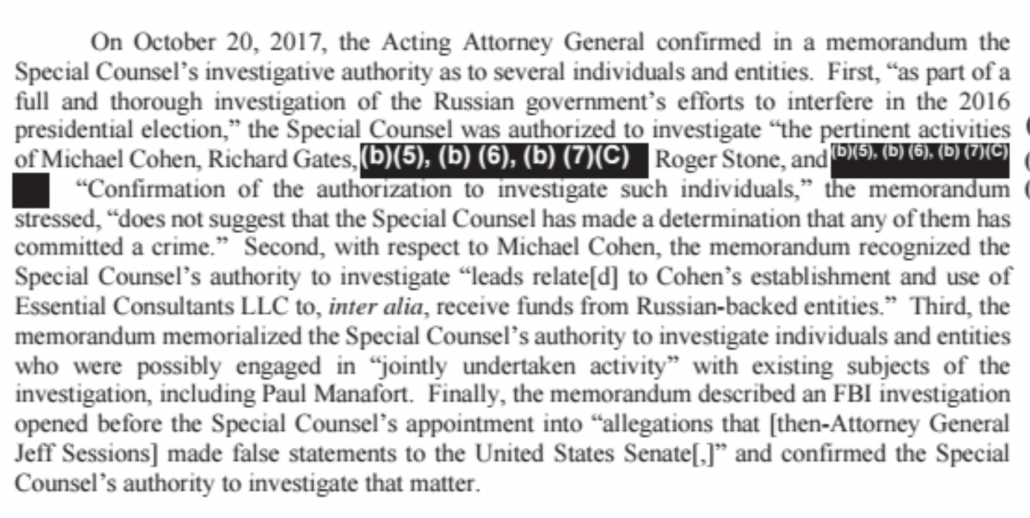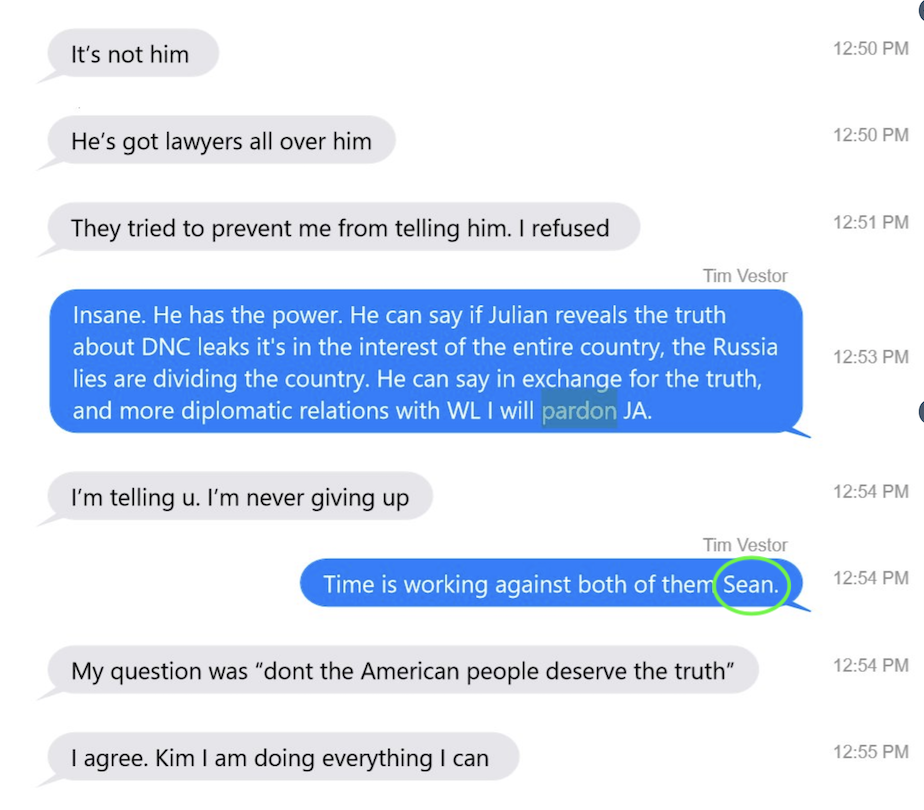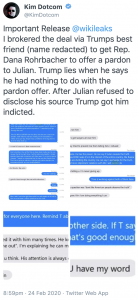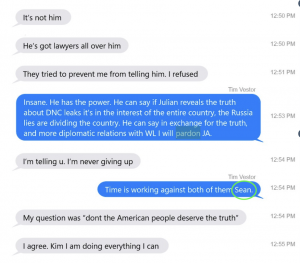The government has now “released” around 200 302s (FBI interview reports) in response to BuzzFeed/CNN’s FOIA. The vast majority of those, however, are heavily and at times entirely redacted. DOJ is using an unprecedentedly broad interpretation of the already badly abused b5 (deliberative) FOIA exemption to keep much of this hidden. This includes treating communications with the following people as “presidential communications:”
a. Donald Trump, President
b. Michael Pence, Vice President
c. John Kelly, Chief of Staff
d. Reince Priebus, Chief of Staff
e. Donald McGahn, Counsel to the President
f. Michael Flynn, National Security Advisor
g. Emmett Flood, Special Counsel to the President
h. Sean Spicer, Press Secretary
i. Sarah Huckabee Sanders, Deputy Press Secretary; Press Secretary
j. Robert Porter, Staff Secretary
k. Stephen Bannon, Chief Strategist and Senior Adviser to the President
l. Richard Dearborn, Deputy Chief of Staff
m. John Eisenberg, Deputy Counsel to the President and Legal Adviser to the National Security Council
n. K.T. McFarland, Deputy National Security Advisor
o. Uttam Dhillon, Deputy Counsel to the President
p. Annie Donaldson, Chief of Staff to the Counsel to the President
q. Jared Kushner, Senior Adviser to the President
r. Ivanka Trump, Senior Adviser to the President
s. Hope Hicks, Director of Strategic Communications; Director of Communications
t. Stephen Miller, Senior Adviser to the President
DOJ has offered a similar — albeit smaller — list (pages 16-17) of people covered by “Presidential” privileges during the Transition (yes, both Ivanka and Jared are on that list, too).
This is outright abuse, and given yesterday’s opinion stating he will review the existing redactions in the Mueller Report, I expect Judge Reggie Walton to deem it as such once the litigation rolls around to that point.
All the more so given that it can be demonstrably shown that DOJ is selectively releasing 302s such that Trump aides’ false statements are public, but their later more accurate (and damning) statements are hidden. There are at least three examples (Steve Bannon, KT McFarland, and Mike Flynn) where DOJ is still withholding later, more accurate statements while releasing earlier deceitful ones, and two more cases (JD Gordon and Sam Clovis) where DOJ may be hiding discussions of Trump pro-Russian policy stances. And in one case (Clovis), DOJ appears to have used a b3 (protected by statute) exemption that doesn’t appear to be justifiable.
Steve Bannon
Steve Bannon was interviewed on at least five occasions:
- February 12, 2018: large swaths unredacted
- February 14, 2018: Heavily redacted under both b5 and (pertaining to WikiLeaks, Stone, and Cambridge Analytica, ongoing investigation), but with key passages revealed
- October 26, 2018: Not yet released
- January 18, 2019: Proffer released, but 302 not yet released
- Unknown date (in advance of Stone trial): Not yet released
There are significantly redacted discussions (protected under ongoing investigation redactions) in Bannon’s February 14 302 that conflict with his later public admissions. And Bannon’s testimony in the Roger Stone trial shows that his 302s — including the trial prep one — conflict with his grand jury testimony. What has thus far been made public includes denials of coordination on WikiLeaks that both his October 2018 and January 2019 302s must contradict. Yet DOJ has not released the later, more damning 302s yet.
KT McFarland
As has been publicly reported, KT McFarland at first lied to the FBI but — in the wake of Mike Flynn’s plea deal — unforgot many of the key events surrounding discussions about sanctions during the Transition. While DOJ has not yet released her first 302, the others are, in general, lightly redacted. They show how she appears to have told a cover story about discussions about sanctions during the Transition. The 302 in which she cleaned up her testimony, which would show what really happened during the Transition, is largely redacted.
- August 29, 2017: Not yet released
- September 14, 2017: Lightly redacted (though hiding details of Tom Bossert email and her claims about the Flynn sanctions discussion)
- October 17, 2017: Lightly redacted, though with some Mar-a-Lago and sanctions cover story details redacted
- October 19, 2017: Significantly redacted
- December 5, 2017: Lightly redacted; this captures McFarland’s panic in the days after Flynn’s plea
- December 22, 2017: Very heavily redacted
Mike Flynn
Mike Flynn’s initial 302, from January 24, 2017, has been public for some time. Flynn has twice admitted, under oath, that he lied in that 302.
None of his other Russia-related 302s, including those where he corrected his story in November 2017, have been made public (though DOJ may be withholding these because he has not yet been sentenced). Among the 302s DOJ is withholding involves at least one describing how the Trump campaign discussed reaching out to WikiLeaks after the John Podesta emails dropped.
JD Gordon
JD Gordon’s testimony was critical to Mueller’s finding that Trump and Paul Manafort had no personal involvement in preventing convention delegate Diane Denman from making the RNC platform more hawkish on Ukraine. Details of this investigation into Gordon’s role appear entirely unredacted in the DOJ IG Report on Carter Page as part of the case that FBI should have removed any claim that Page was involved in the platform.
Gordon’s first interview is largely unredacted. It soft-pedals Trump’s pro-Russian stance on the campaign.
GORDON flagged DENMAN’s amendment because TRUMP had mentioned not wanting to start World War III over Ukraine. TRUMP had mentioned this both in public and in private, including at the campaign meeting on March 31, 2016. This was not GORDON’s stance but TRUMP’s stance on Ukraine.
[snip]
DENMAN [redacted] and asked GORDON what he had against the free people. GORDON explained TRUMP’s statements regarding World War III to her. She asked why they were there and who GORDON was on the phone with. GORDON told her he was on the phone with his colleagues but didn’t provide names.
But Gordon’s final 302 is largely redacted, though it leaves unredacted the World War III excuse. Some of the redactions appear to hide Gordon’s testimony about the things Trump said in campaign appearances that Gordon used to explain his intervention in the Convention.
There is also discussion in his last interview about whether he consulted with Jeff Sessions on the platform issue during phone calls placed at the time (which he denied he had).
The Mueller Report also describes how Sergey Kislyak invited Gordon to his residence in DC shortly after the convention; that reference is based entirely on emails exchanged between the two; it would be worthwhile to know what he said if he was asked about the invite in his FBI interviews, but if so, it is redacted.
Sam Clovis
Sam Clovis appears to have had three interviews, though it seems Mueller’s team may never have trusted his testimony. The interviews are cited just three times in the Mueller Report, and he makes denials in his interviews that conflict with communication-based evidence laid out in the Mueller Report and what he is reported to have told Stefan Halper in the DOJ IG Report on Carter Page (PDF 367-370). Clovis’ testimony is particularly important because he claims there was a shift in policy towards Russia during the campaign, but his released testimony is inconsistent on that point.
Clovis was first interviewed on October 3, 2017 at his office at USDA. The 302 makes clear that “about a quarter of the way through the interview, CLOVIS was warned that lying to the agents could constitute a federal offense.” In that interview, Clovis makes extremely strong denials about Russia.
CLOVIS started off the interview by explaining that he hates Russia and that should be clear throughout his interview.
[snip]
Russia was never a topic between CLOVIS and TRUMP. They would occasionally discuss it in debate prep. CLOVIS did most of the debate prep during the primaries. They talked about a Ukrainian policy and discussed having a bipartisan approach to this because of the divided based on Ukraine.
[snip]
A lot of people approached the campaign with ideas about foreign policy topics. Some of them wanted to approach and engage Russia but CLOVIS never trusted RUSSIA.
[snip]
CLOVIS thought interacting with Russia was a bad idea on any level because of comments TRUMP made.
[snip]
CLOVIS thinks the Special Counsel investigation is more political than practical. From CLOVIS’ perspective he didn’t see anything that warranted an investigation. CLOVIS said the campaign didn’t have anything to do with Russians. No one advised anyone to meet with Russians. CLOVIS wanted nothing to do with Russia and would never approve a meeting with the Russians. CLOVIS explained that Russians are different with Russia. You can’t just sit down at the table with them.
[snip]
CLOVIS does not recall Russia being brought up in the March 31, 2016 meeting.
[snip]
PAGE had an interesting background, including time in the Navy, experience in energy policy and Russian business. They were rushed into putting a foreign policy team together. CLOVIS thought PAGE was pretty harmless but also didn’t provide much value. CLOVIS said he never talked to PAGE about meetings with Russia and doesn’t remember PAGE ever bringing up Russia.
[snip]
CLOVIS didn’t think the change [in platform] was in line with TRUMP’s stance. CLOVIS thought their plan was to support Ukraine in their independence by engaging their NATO allies. CLOVIS is concerned PUTIN is trying to establish a Soviet empire.
That very same day, the FBI interviewed Clovis a second time, also in his USDA office. In the second interview, Clovis made comments that probably conflict with what Clovis told Stefan Halper in August 2016.
CARTER PAGE and GEORGE PAPADOPOULOS were not involved with the campaign team. They were not players in the campaign.
More importantly, in the second interview — on the same day!! — Clovis admitted that Trump did want better ties with Russia.
TRUMP wanted improved relations with Russia. The “bromance” TRUMP had with PUTIN bothered CLOVIS but the press and the public fed on it. CLOVIS felt like he had to cleanup with a shovel because TRUMP played up his bromance with PUTIN for the public.
Clovis also denied discussions of a trip to Russia that the FBI had proof he was personally involved in.
CLOVIS was asked about emails regarding an “unofficial trip” to Russia which were discussed in a Washington Post article. CLOVIS indicated this was info he was not privy to. CLOVIS said he doesn’t know who would have authorized such meetings but he never gave PAPADOPOULOS any indication to setup meetings.
CLOVIS denied learning about any dirt on Hillary, something that Papadopoulos provided conflicting testimony on.
CLOVIS was asked if he ever heard anyone discuss Russians having dirt on HILLARY CLINTON. CLOVIS said he wasn’t aware of that and if someone had that info they probably wouldn’t bring it to CLOVIS. CLOVIS pointed out that he was never asked to do anything untoward.
And in this second interview, Clovis softened on whether anyone had been compromised by Russia.
CLOVIS further explained how Russia can be very sneaky and will try to distract you on one side while sneaking by you on the other side. They will use any mechanism they can. CLOVIS fought them for years. CLOVIS didn’t feel like there was anything going on with the campaign though.
The interview ends with what may to be a discussion about a subpoena.
CLOVIS asked the agents [redacted] since he had cooperated. He was concerned about his travel plans and indicated he planned on leaving [redacted] and returning to D.C. [redacted] Agents agreed to [redacted] but said they would contact him later with information [redacted].
Note, the most substantive redactions in these two 302s have b3 redactions, which covers information “exempted from disclosure by statute.” While some of the last paragraph might be a discussion about serving a grand jury subpoena, none of the rest of it should be. And in other 302s, discussions of the same events (such as the March 31 meeting) are not redacted under b3 exemptions. It is hard to see how that redaction is permissible.
Clovis’ October 26 interview is entirely redacted under b5 exemptions.




